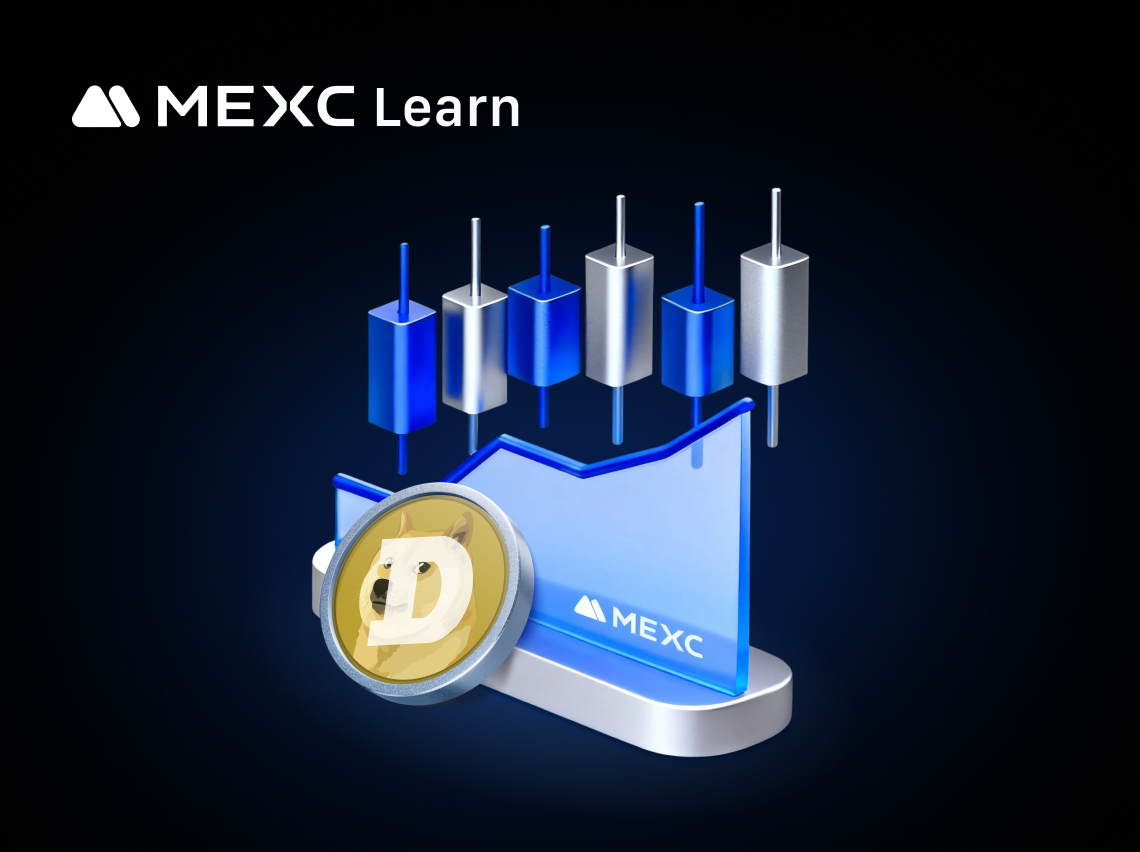Monero stands apart in the crowded cryptocurrency space. While most digital currencies operate on transparent blockchains where everyone can see your transactions, Monero takes a different approach. It's built from the ground up to protect your financial privacy.
What Makes Monero Different?
Think about how Bitcoin works. Every transaction is visible on the blockchain. Anyone can see how much you sent, where it went, and trace the entire history of those coins. Monero flips this model completely.
Unlike Bitcoin and Ethereum, Monero uses advanced cryptography to hide transaction details. Every transaction automatically hides the sender, receiver, and amount transferred. Privacy is built into every single transaction by default.
This creates something important called fungibility. Every Monero coin is identical and interchangeable. Unlike Bitcoin, where coins can be "tainted" by their transaction history, all Monero coins are equal.
The Three Privacy Technologies
Monero achieves its privacy through three core technologies working together.
Ring Signatures - Hiding the Sender
When you send Monero, the network doesn't broadcast which specific output you're spending. Instead, it uses ring signatures to mix your transaction with others.
Your real transaction gets grouped with 10 decoy transactions from the blockchain. These 11 transactions form a "ring" where all participants look equally valid. Outside observers see the ring but can't determine which signature is actually yours.
This creates untraceability. Anyone looking at the blockchain knows someone in the ring spent funds, but they can't tell who.
Stealth Addresses - Hiding the Receiver
Monero also hides who receives funds through stealth addresses.
Eve ry time someone sends you Monero, your wallet automatically generates a unique one-time address for that specific transaction. This stealth address appears on the blockchain instead of your actual public address.
Even if you share your Monero address publicly, no one can link incoming payments to you. Each transaction creates a completely new destination address.
RingCT - Hiding the Amount
RingCT, short for Ring Confidential Transactions, hides how much Monero you're sending.
RingCT uses Pedersen commitments. These mathematical proofs let the network verify that your transaction is valid without revealing the actual amount. The blockchain can confirm you're not creating coins out of thin air, but it can't see the transaction value.
Since September 2017, RingCT has been mandatory for all Monero transactions. Every transfer now hides the sender, receiver, and amount simultaneously.
How Monero Mining Works
Monero uses Proof of Work consensus, similar to Bitcoin. But there's a crucial difference in how mining works.
The network runs on the RandomX algorithm, which resists specialized mining hardware called ASICs. These expensive machines have dominated Bitcoin mining, concentrating power in large mining farms.
RandomX is optimized for regular computer CPUs instead. This means anyone with a standard laptop can participate in securing the network. The goal is keeping mining decentralized and accessible.
How to Buy Monero on MEXC
Ready to get started with Monero? MEXC makes it straightforward to buy XMR through multiple methods.
First, create a free account on MEXC and complete the KYC verification process. You can register using your email address or phone number.
Once verified, you have several options. You can purchase directly with a credit card for instant access. Bank transfers work well for larger purchases. MEXC also offers P2P trading, where you can buy XMR directly from other users using your local currency.
After purchasing, you can trade XMR on MEXC's spot market with USDT and other major cryptocurrencies.
FAQ
Q: Is Monero completely anonymous? A: Monero provides strong privacy by hiding transaction details on the blockchain. However, complete anonymity depends on how you use it. If you link your Monero address to your identity, those connections exist outside the blockchain.
Q: Can Monero transactions be traced? A: Monero's combination of ring signatures, stealth addresses, and RingCT makes tracing transactions extremely difficult. Monero offers significantly stronger privacy protection than transparent blockchains.
Q: Why is Monero better for privacy than Bitcoin? A: Bitcoin's blockchain is completely transparent. Anyone can view all transactions, amounts, and wallet balances. Monero hides all this information by default.
Q: Is Monero mining profitable? A: Profitability depends on your electricity costs and hardware. Since Monero uses CPU-friendly mining, you don't need expensive equipment. Many people mine Monero to support network security.
Conclusion
Monero works through a carefully designed system of privacy technologies. Ring signatures hide who sends funds, stealth addresses hide who receives them, and RingCT hides how much gets transferred.
The RandomX mining algorithm keeps the network decentralized by resisting specialized hardware. This ensures Monero remains accessible and secure.
Privacy matters in cryptocurrency because financial surveillance threatens personal freedom. Monero provides a practical solution for anyone who believes financial transactions should remain private.






